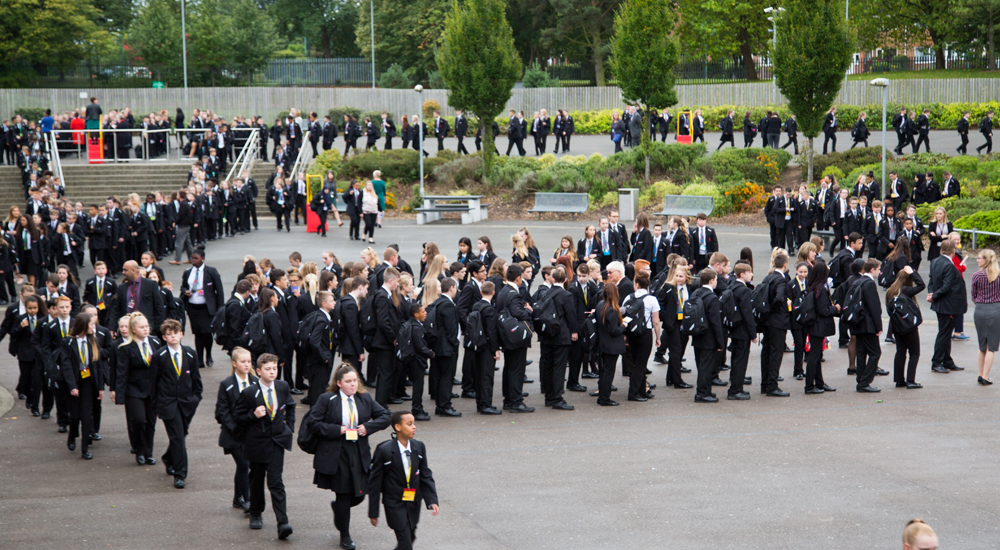Academy Life
Special Educational Needs and Disabilities (SEND) at Smith’s Wood Academy
The SEND Information Report is the one place on the Academy’s website where you will find all information you need in regard to special educational needs and/or disabilities (SEND).
Our SENCo is Chris Hanks-Sedman
Please click here to see our policies related to SEND and our Accessibility Plan.
For our SEND Information Report, please click here.
How to get advice:
If you think your child requires additional support, please contact Mr Chris Hanks-Sedman on the email address above.
You can also find more information on the Solihull Council website, which can be found here





